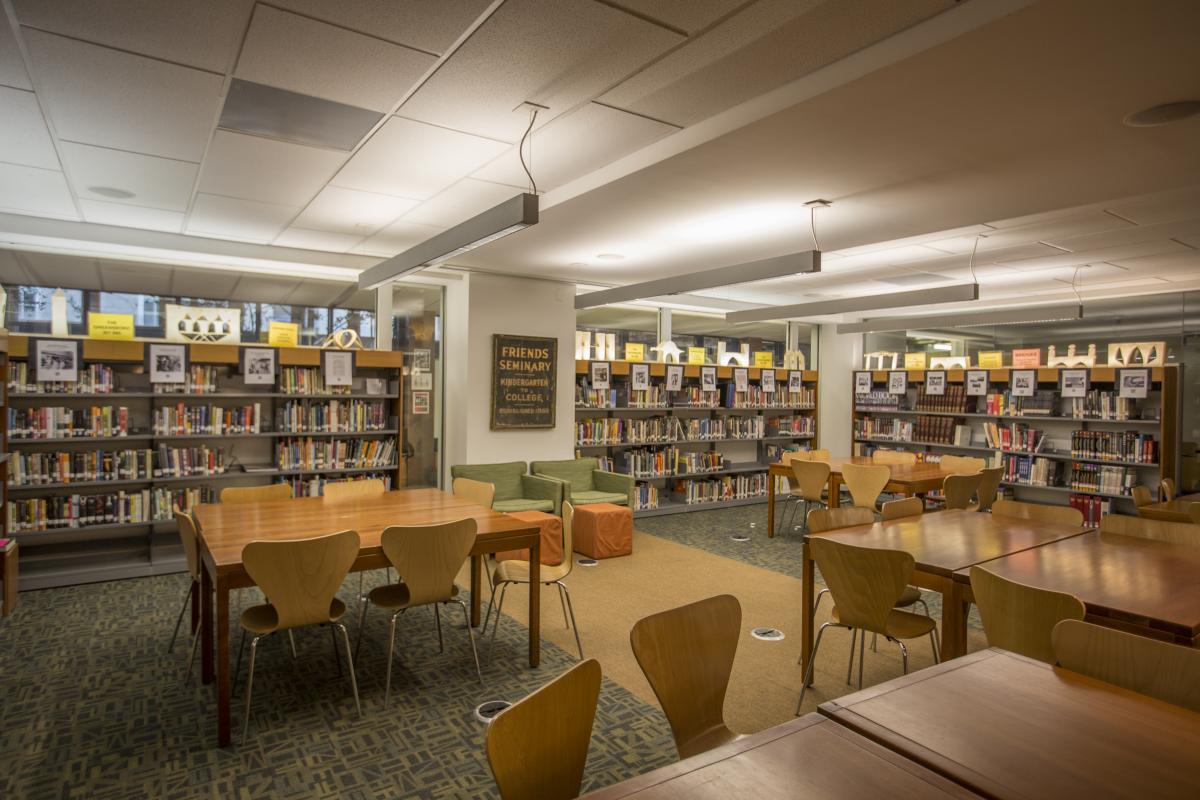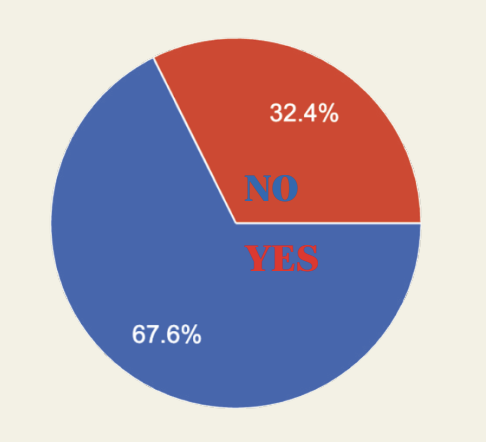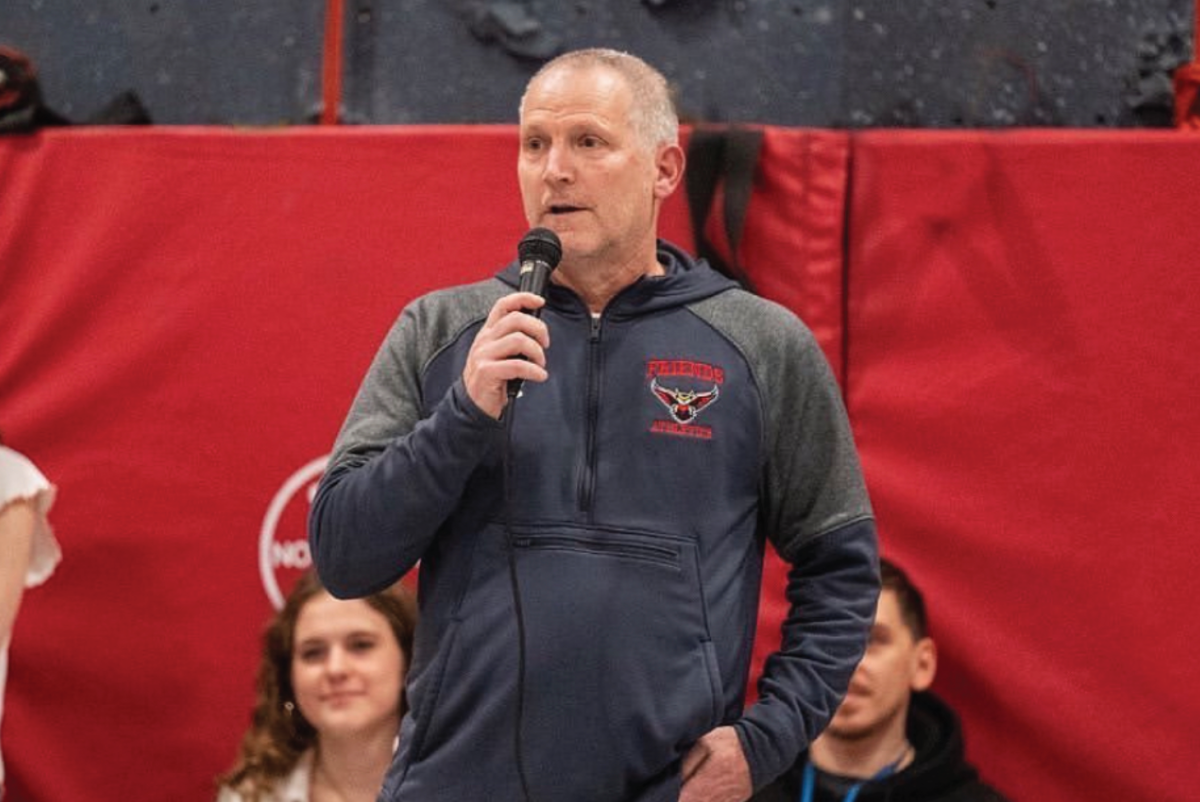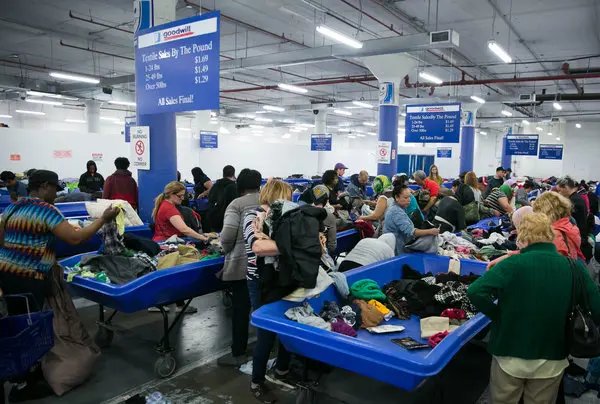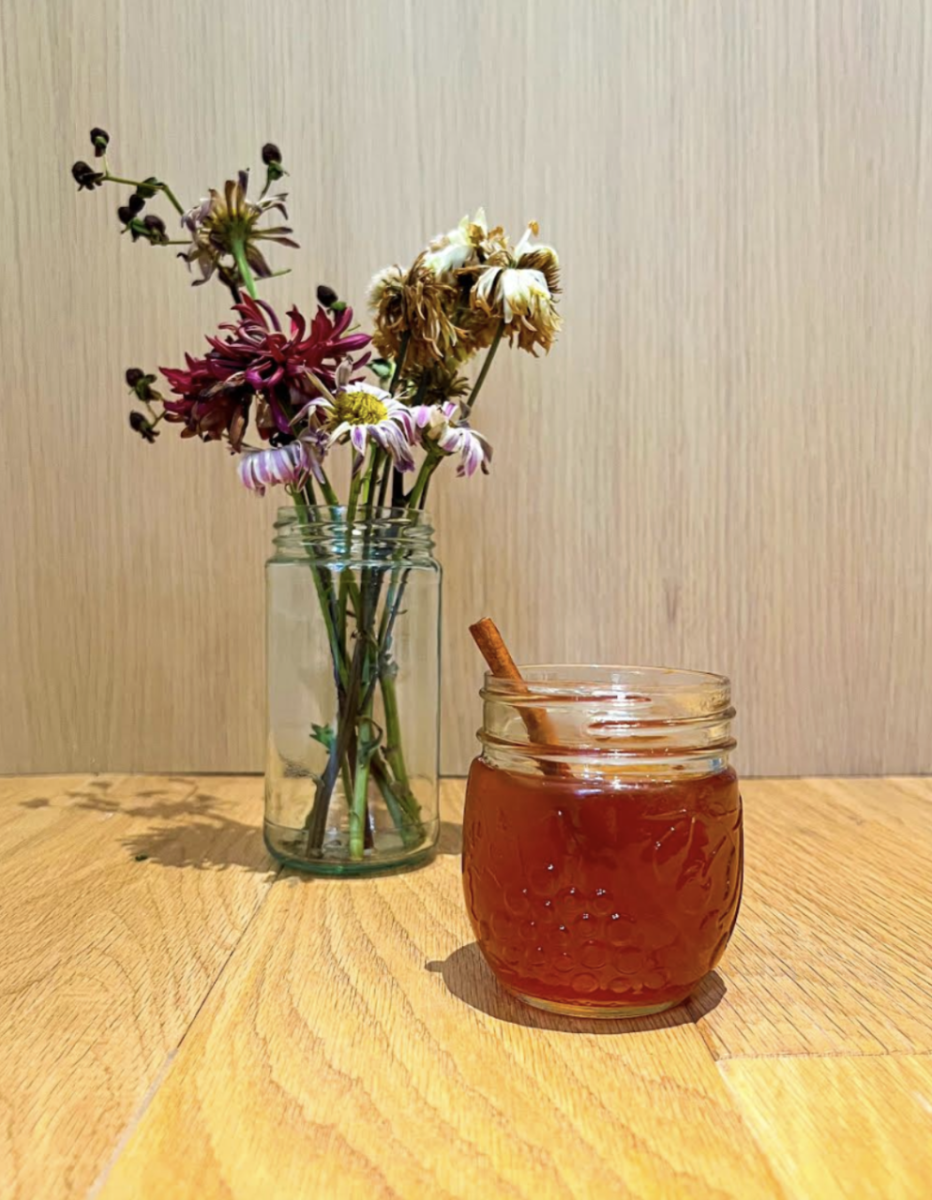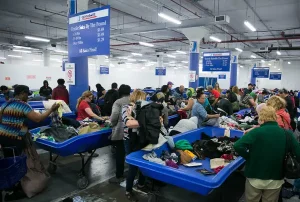Editorial: Keep snow days
February 25, 2021
This winter has brought tremendous snowfall. Still, the weather has failed to offer any breaks: New York City schools – including Friends Seminary, which has canceled snow days in the Upper School – have placed the coveted tradition in doubt. Online learning has resolved transportation issues posed by blizzards, making it possible to continue classes from home. Schools have thus begun sliding down an icy slope: threatening to end a beloved tradition and much-needed break, and making it harder for kids to – for a single day – be kids.
It has long been known that a day off, like those that snow days provide, can relieve a burned out or stressed student. A 2016 study revealed that taking steps to promote mental health can improve academic performance. In 2019, a bill was introduced to the New York State Senate which defined “mental health days” as excusable absences – holding them in the same light as sick days or family emergencies – and showed how necessary these breaks can be for student wellbeing. Snow days can serve as a similar respite for the overworked student. In many past winters, these breaks have provided a spontaneous stroke of academic relief.
Snow days are also one of the rare occasions that encourage students to venture outside. These snowy occasions make activities like sledding, snowball fights, snowman building, and even cross country skiing popular activities in the city’s parks. There is abundant research that underscores the positive impact of going outdoors in the wintertime. As the pandemic has limited outdoor opportunities, such a chance to venture outside is critical. Even in a normal year, taking a break from technology and homework is made difficult by the pressures of work and extracurriculars. Weekends, which often leave students buried in work and less inclined to get out, are hardly an interlude to academic life. On the other hand, snow days – which put academic life on pause – are the perfect excuse to get outside.
Perhaps most importantly, snow days restore a tradition for students in a year that has seen unprecedented cancellations of sports seasons and performances. All of these changes –which often go without viable replacements – have profoundly disappointed students. As we move forward and reckon with a post-pandemic normal, traditions like snow days will remain vital to returning what communities once loved and valued.
School administrations have said that in a year when class time is already significantly reduced, it is imperative to stay on schedule as much as possible. We argue that whatever limited curricular gains are offered by online classes are greatly outweighed by the benefits of snow days. Schools should recognize the important role of mental health in students’ academic progress, acting as much as possible to help students through these difficult times. When we return to more standard classroom time in the future, taking away class time will also become less of a complication to curricular planning.
Spending time outdoors and taking breaks from virtual classes is a partial yet potent remedy to Zoom fatigue. Still, the precedent set this year still raises questions about what might happen when schools can return to a fully in-person curriculum and online learning remains an option when formidable weather conditions make travel impossible. Will there be a need for snow days even after the pandemic? We would say, yes. Snow days serve an essential role in student life: an opportunity to improve mental health and have fun. They ought to remain.

